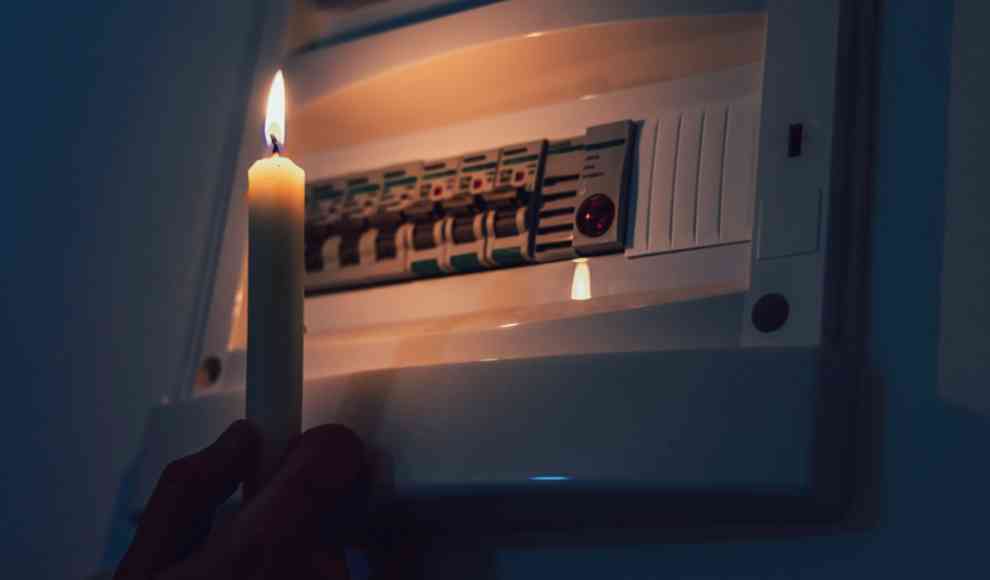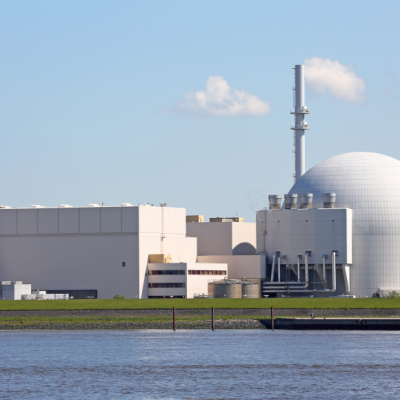The possibility of a widespread blackout in Germany’s energy landscape is becoming a growing concern amidst the current energy crisis and conflict in Ukraine. More than half of Germans possess a strong awareness of the risks of blackouts and are taking appropriate precautions. While Germany’s energy supply is robust and well-secured, the increasing decentralization and digitization of the energy supply network bring new challenges and increase the risk of disruptions. As a result, the discussion about the necessity of precautionary measures and the management of blackout scenarios is gaining momentum.
A blackout, defined as a long-lasting, widespread power outage, could have far-reaching consequences for society and the economy. Although such large-scale and long-lasting power outages have been very unlikely in Germany so far, the increasing use of decentralized energy sources such as solar roofs and wind turbines, coupled with the need to continuously balance the network, requires a high degree of flexibility and foresight in network control to ensure the stability of the power grid and minimize the risk of blackouts.
The German government has taken various measures to strengthen energy supply security and minimize the risks of blackouts, including diversifying energy sources and achieving the storage target for winter 2023/24. However, the economic aspects of blackout prevention and the associated willingness to pay of the population and the economy are increasingly being discussed. The question of how to fairly distribute the costs of blackout prevention remains a central challenge for German energy policy.










